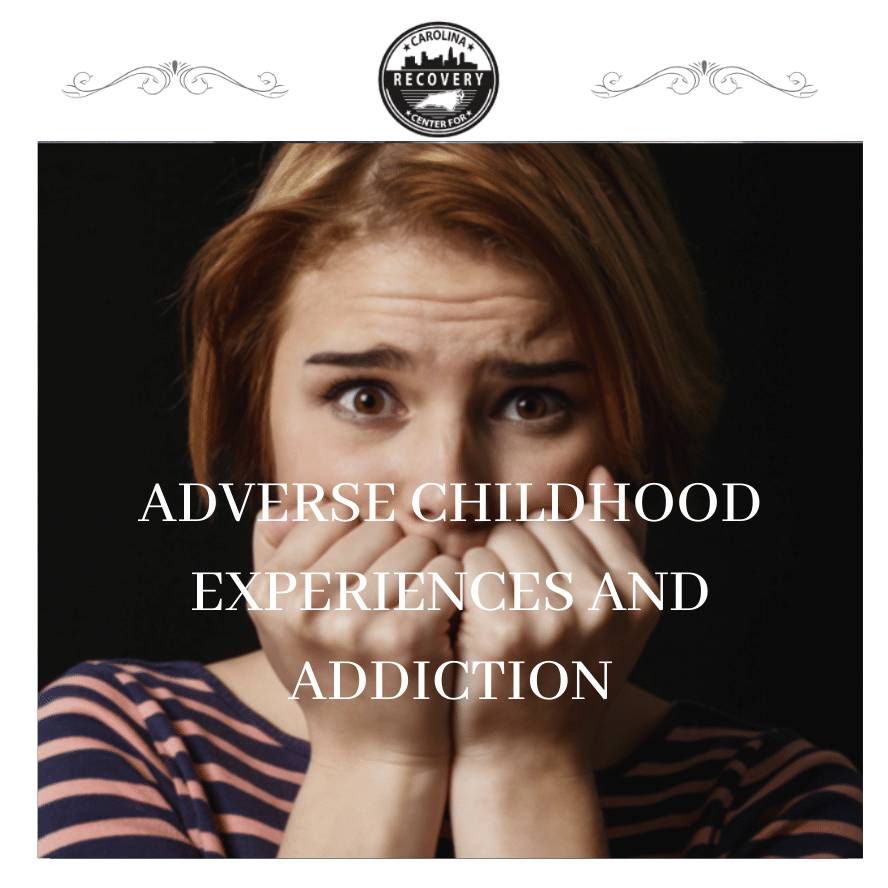Adverse Childhood Experiences and Addiction

Medically Verified: 2/1/24
Medical Reviewer
Chief Editor

All of the information on this page has been reviewed and verified by a certified addiction professional.
Unfortunately, many people have to face traumatic events at some point in their life. Even more concerning, many of these individuals experience trauma at a young age. Ultimately, adverse childhood experiences and addiction are closely linked. Childhood is difficult for any kid, however, experiencing trauma at a young age can negatively impact the rest of their life.
Adverse childhood experiences, or ACEs, is a term used to represent varying negative experiences that some children have to face. For example, when a child experiences a form of abuse (sexual, physical, mental) or witnesses addiction in their home, it is referred to as an adverse childhood experience. Additionally, children with adverse childhood experiences are more likely to endure several, rather than only one.
When a child endures a trauma, or an ACE, at a young age they become more likely to suffer from numerous difficulties later in life. Dealing with the constant stress and uncertainty at such a young age is detrimental to one’s physical and mental health. In fact, these children are more likely to develop depression, heart disease, obesity, or substance abuse issues. As a result, it is extremely important to understand how adverse childhood experiences lead to addiction and how trauma-informed care works.
Forms of Adverse Childhood Experiences
The most glaringly obvious forms of adverse childhood experiences are abuse or neglect. Oftentimes, when people hear of abuse they tend to think of sexual or physical abuse. While both of these forms of abuse are horrible, emotional abuse is just as real for many children. Emotional abuse may not be as deadly, but the long-term effects are extremely detrimental to one’s mental state, the ability to succeed in school or a career, and learning social skills.
Another example of ACEs is a child witnessing others being abused in the household. Unfortunately, domestic violence is extremely common. As a result, many kids have seen their mother, father, or siblings being brutalized. This can also lead to severe mental health issues, including the development of a substance use disorder.
Other types of adverse childhood experiences include:
- Physical, emotional, or sexual abuse
- Physical or emotional neglect
- Domestic violence
- Parental substance abuse
- Household mental illness
- Parental separation or divorce
- Suicide or death
- Crime or imprisoned family
How Common are ACEs in America?
Adverse childhood experiences affect a large number of people in the United States. In fact, the CDC’s Division of Violence Prevention conducted a study over a period of three years. Within that time period, 17,000 people provided data regarding their childhood experiences in the 1990s. They found that 10.6% of people experienced emotional abuse, 20.7% endured sexual abuse, and 28.3% went through physical abuse as a child. That being said, this study made it clear that many individuals have been affected by adverse childhood experiences.
Unfortunately, the numbers have not improved much according to findings in recent studies. Sadly, the CDC reported that at least 25% of children will experience abuse or neglect in their lifetimes. Similarly, 24% of children have witnessed alcoholism in their home and 13% live with a caretaker or parent abusing illicit drugs. Although it is difficult to imagine, these numbers have the potential to be higher due to the number of children who may not be accounted for during research. That being said, adverse childhood experiences affect a significantly large margin of the population. In order to prevent further damage, learning more about treating individuals affected by both adverse childhood experiences and addiction is vital.
Treating Adverse Childhood Experiences and Addiction
Many individuals who have been affected by adverse childhood experiences turn to drug or alcohol abuse as a coping mechanism. According to recent studies, every ACE experienced increases in the likelihood of prescription drug abuse by 62%. Similarly, experiencing trauma as a child is considered as a factor in underage drinking. As for illicit drugs, an individual is 2-4 times more likely to become addicted if they were affected by an adverse childhood experience. When considering these numbers, it is plain to see that ACEs have a high potential for causing the development of a substance use disorder. Therefore, finding an effective treatment method for these individuals is extremely important in preventing further damage.
In order for treatment to be effective, the individual must be simultaneously healed of their adverse childhood experiences as well as their addiction. As a result, treatment is thought to be more difficult for these individuals. While this may be true, dual-diagnosis treatment centers have made healing much easier for those affected by ACEs and addiction using trauma-informed care.
At a dual-diagnosis treatment facility, therapists and doctors combine their efforts in order to heal patient’s minds and bodies. Behavioral therapies are commonly used in the treatment of any form of trauma, therefore, this tactic has been built into dual-diagnosis treatment plans nation-wide. Additionally, anyone suffering from mental disorders as a result of ACEs will be able to learn how to manage their symptoms in a healthy manner. This allows patients to become free from the pain of their past, as well as find healthy coping alternatives instead of self-medicating with substances. Most even include family support services and a wide array of behavioral therapies as well.
If you or a loved one has suffered from adverse childhood experiences and is currently battling addiction, please contact us for help. Our professional staff is experienced and understanding in regard to these matters and will work with you in order to create a better future for yourself. Your past does not have to define your present, nor do you have to self-medicate your feelings. Recovery is possible and attainable through dedication, hard work, and trust in addiction treatment specialists.

